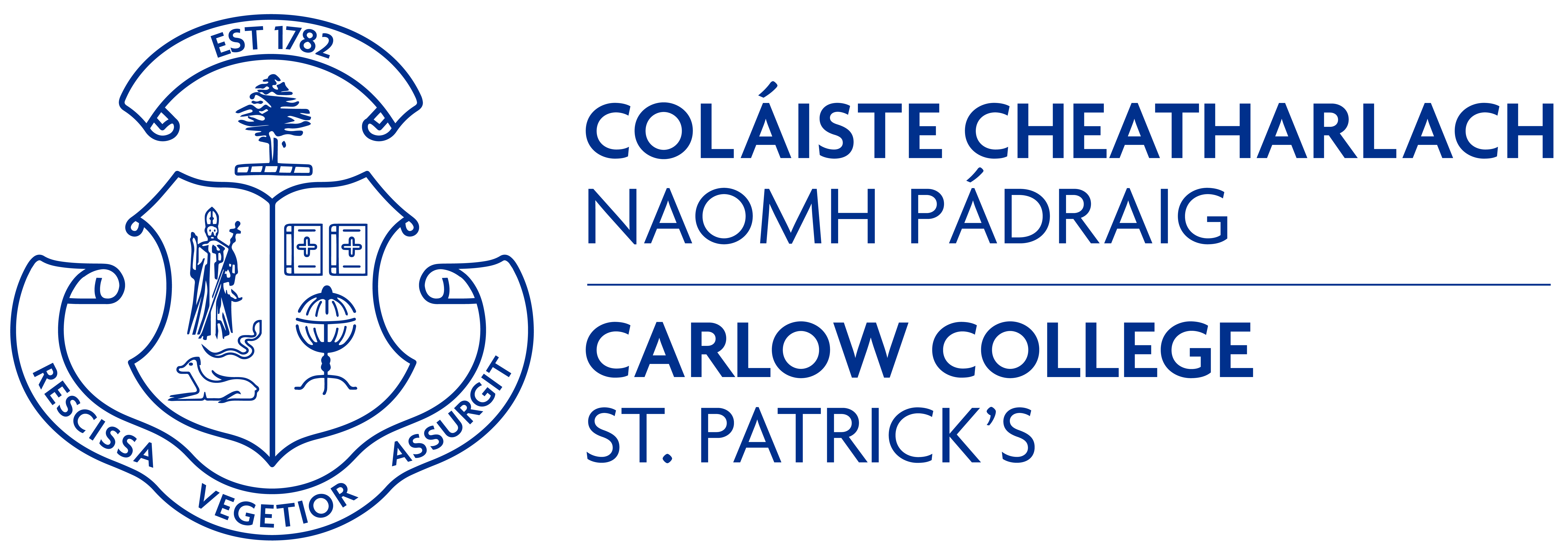“A map of the world that does not include utopia is not even worth glancing at”, Oscar Wilde claimed. One reason why utopia doesn’t appear on any maps, however, is that no one knows where it is, or how to get there. This ‘means and ends’ type difficulty is endemic to revolutionary struggles. Revolutionaries want to change their worlds in radical ways (to change things “utterly”, as W.B. Yeats puts it in his iconic poem ‘Easter, 1916’), but historically, the question of how to bring about such transformation without destroying or betraying one’s revolution in the process has proved extremely difficult to resolve. Part of the problem, I suggest, is that utopias tend to be conceived as societies characterised by peace and harmony, as ‘perfect worlds’ in which political action is no longer important or even desirable. As Ernst Bloch remarked, “What utopian narratives share in common with fairy tales” is that are both “on the march towards the happy end”. From a republican perspective, such narratives are deeply problematic, and doomed to failure. This is because republicans believe that humans are “ineluctably political” (Herbert McCabe), and so politics is an intrinsic feature of human life. As such, writers and revolutionaries need to envisage new worlds in which our political nature is more fully realised, rather than utopias that strive to move beyond the good and evil of our political DNA. Referencing writings by Aristotle, Plato, Niccoló Machiavelli, and Hannah Arendt, I contend that republican theory (in its neo-Athenian formulations) offers us a ‘road-map’ to a utopia that is politically-vibrant, and is predicated on an understanding of the plurality which underpins all human action (Arendt). I also turn to the republican-led revolutions that took place in Ireland and Spain during the first half of the twentieth-century (1913-23 and 1930-39, respectively). Referring to writings by a range of authors and activists involved in one or other of these conflicts, my research explores ways in which their work offers a republican perspective on key political concepts such as freedom and equality

